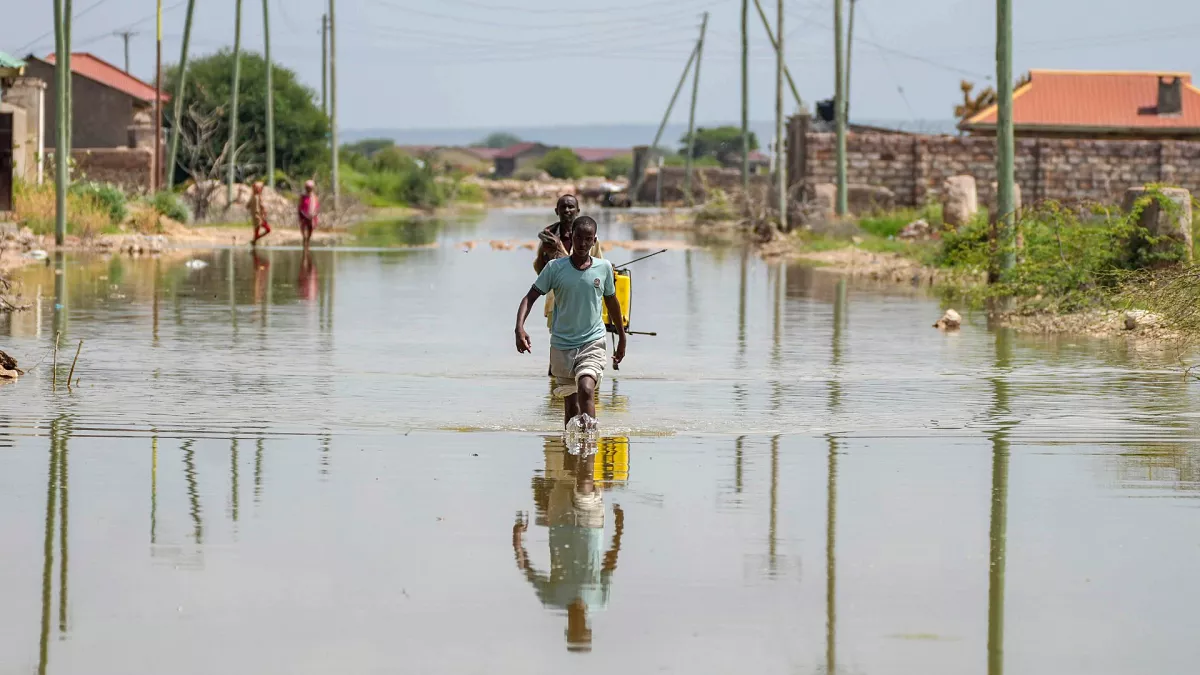The frequent and severe climate-related events, such as droughts and floods, disrupt economic activities, particularly in agriculture, which is a major contributor to the country's GDP. These disruptions lead to income instability and increased vulnerability among the population. The cost of addressing climate impacts strains limited resources, impacting overall economic growth and development.

Drought
Droughts have led to water scarcity and soil degradation, which in turn reduce crop yields and livestock health, directly affecting the livelihoods of the farmers and herders. This reduction in agricultural productivity not only leads to food insecurity but also diminishes the income of those dependent on farming, further exacerbating poverty levels.
Floods
They have often led to the destruction of crops, soil erosion, and the loss of essential agricultural infrastructure such as irrigation systems. Additionally, floods they contaminate water sources, spreading waterborne diseases that affect both human and animal health, further disrupting agricultural productivity.

Investment in Climate-Resilient Infrastructure:
Building and upgrading infrastructure to withstand extreme weather conditions is crucial. This includes constructing flood defenses, developing efficient irrigation systems for agriculture, and reinforcing buildings and roads. Such investments ensure continuity of economic activities and safeguard livelihoods against climate-induced disruptions.
Diversifying the Economy: Reducing reliance on agriculture by diversifying into other sectors such as renewable energy, technology, and service industries. This diversification can provide alternative sources of income, reducing the overall economic impact of climate-related disruptions in the agricultural sector.
Community-Based Adaptation Strategies:Empowering local communities to implement adaptation strategies that are tailored to their specific needs and environmental conditions. This could involve traditional knowledge systems in agriculture, water conservation techniques, and community-led disaster risk reduction programs.
Enhancing Policy and Institutional Frameworks: Developing robust policy frameworks that prioritize climate resilience and sustainable development. This includes integrating climate risk assessments into national development plans, creating incentives for climate-resilient practices in businesses and communities, and ensuring effective governance to manage and allocate resources for climate adaptation efficiently.



